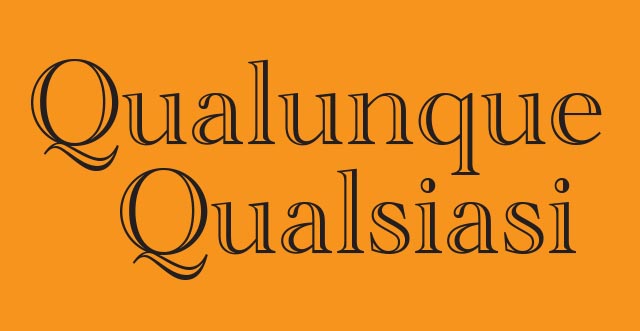
Sono nell’ultima fase della traduzione del mio romanzo “Waking Isabella” in italiano. La versione italiana dovrebbe essere pubblicata e disponibile a giugno 2019.
I’m in the last proofreading stage of translating my novel “Waking Isabella” into Italian. The Italian version should be published and available in June 2019.

Dopo la pubblicazione del romanzo in inglese, una storia ambientata in Arezzo, ho ricevuto molte richieste per una versione italiana. Pensavo che sarebbe stato un omaggio ad Arezzo, e che sarebbe stato un altro modo di migliorare la mia conoscenza della lingua. Da quasi un anno lavoro con una squadra delle colleghe per realizzare il romanzo in italiano e siamo quasi alla fine.
After the publication of the novel in English, a story set in Arezzo Italy, I received many requests for an Italian version. I thought it would a lovely tribute to the people of Arezzo and it would be another way for me to improve my understanding of Italian. For almost a year I’ve been working with a team of colleagues to realize this translation and we are almost at the finish line.
Durante la traduzione di “Waking Isabella,” mi sono resa conto più che mai che tradurre un romanzo e come realizzare un’opera d’arte e qualche volta è difficile colmare il divario tra le due lingue. Alcuni concetti, o parole o frasi—non hanno una traduzione diretta e ci sono molte sfumature da prendere in considerazione.
As I’ve worked on the translation of “Waking Isabella” I’ve come to realize more than ever that translating a novel is like creating a work of art and sometimes it is difficult to bridge the gap between two languages. Some concepts, or words, or idioms—just don’t have a direct translation and there are many nuances to take into consideration.
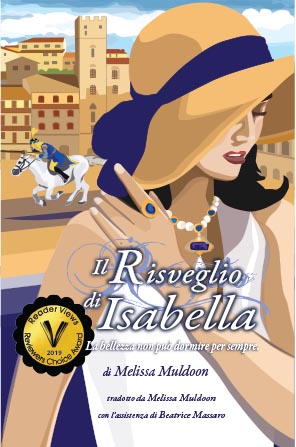
Per esempio il titolo: “Waking Isabella.” Si è trasformato in varie forme (Risvegliare Isabella, Risvegliando Isabella) fino a quando abbiamo deciso su “Il Risveglio di Isabella.”
Take for instance the title. “Waking Isabella.” It morphed into various forms (Risvegliare Isabella, Risvegliando Isabella) until we finally decided on “Il Risveglio di Isabella.”
Altri “American-isims/English-isms” interessanti da tradurre: “infomerical”, “backseat driver” e “glorified fact-checker.” / Other interesting Americanisms/English-isms to translate: “infomercial”, “backseat driver” and “glorified fact-checker.”
Mentre riflettevo sulla traduzione di “glorified-fact checker” ho deciso di adottare un approccio diverso per arrivare al punto significato. Più pensavo alla parola “qualunque”, ho deciso che sarebbe stata utile per esprimere l’idea di un ricercatrice il cui lavoro inizialmente sembra importante, ma in realtà richiede il controllo dei fatti per altre persone. Cioè: “Un’assistente qualunque.”
As I mulled over the translation of “glorified-fact checker” I decided to take an alternative route to get to the crux of the meaning. The more I thought about the word “qualunque” I decided it would be useful in expressing the idea of a researcher whose work seems important at first but in reality requires checking facts for other people who get the credit.
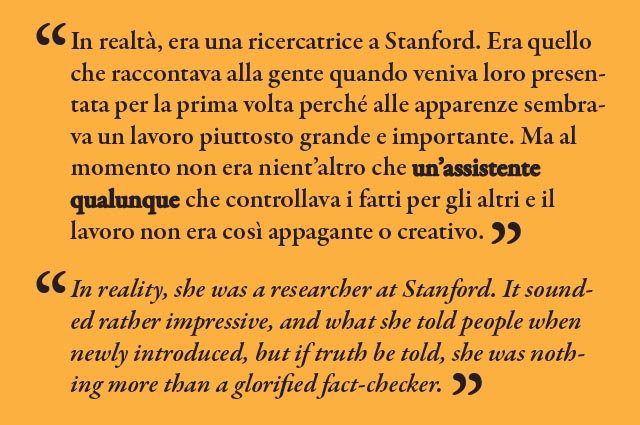
Ad ogni modo, vedremo se questo va bene con i miei proofreader! Nel frattempo, ecco un paio di “piccole potenti” parole italiane da aggiungere al vostro arsenale di parole italiane per aiutarvi ad esprimervi in italiano:
At any rate, we will see if this flies with my Italian proofreaders! In the mean time here are a couple of “mighty little” Italian words to add to your arsenal of Italian words to help express yourself in Italian:
Qualunque and Qualsiasi
Qualunque: Indefinite adjective meaning “any”, “ordinary,” “trivial”, “common” or “whatever”
Qualsiasi: “any”
Esempi / Examples:
A qualunque costo = at any cost
Non è uno qualunque = he’s not just anybody
Non voglio una ragazza qualunque = I just don’t want any girl
Qualunque cosa dica = whatever he says
Qualunque favore tu mi chieda = whatever you ask me.
Is there a difference between Qualunque and Qualsiasi?
Are they interchangeable?
The straightforward answer is that they are pretty much synonyms. They both mean “any”
But… There is always a but…
“Qualsiasi” is slightly more “whatever/whichever (implying a choice)
So “dammi un giornale qualunque” means slightly more “give me just any newspaper (I don’t care)”, while “dammi un giornale qualsiasi” means slightly more “give me whichever newspaper you want to give me”.
Also…
When qualunque and qualsiasi are placed after a noun, they acquire a slightly pejorative meaning: Ho comprato una macchina qualsiasi / una macchina qualunque. ( I bought an unremarkable car, there is nothing special about it.)
Ecco canzoni italiane non qualunque!
Here are two Italian songs to demonstrate the use of qualunque:
Noemi – Giorno qualunque
In un giorno qualunque
a Milano io e te
il rumore della pioggia
ci faceva stringere
In un giorno qualunque
me l’avevi promesso
io ci avevo creduto
e ci credo anche adesso
Era un giorno qualunque
era un giorno diverso
quando ti ho conosciuto davvero
quando forse ti ho perso
E all’improvviso sento
che il cuore mio si è spento
mi chiedo come hai fatto
ad inventarti tutti
All’improvviso piangerò,
finché sei qui non lo farò
non sarò il tuo tormento
mi tengo ciò che sento
In un giorno qualunque
credevo mi amassi
io cammino da sola
tu ritorni sui tuoi passi
Dentro un giorno qualunque…
Ermal Meta – Molto bene molto male
E in un giorno qualunque quando ti accorgerai
Che l’amore è da sempre il riparo che hai
Innamorato come sempre
Lingua va dove dente duole
I miei passi saranno ad un passo dai tuoi
Come andrà, non è importante, molto bene o molto male
Tu ricorda di sognare che ti cerca chi ti vuole
If you liked this post you might like these too
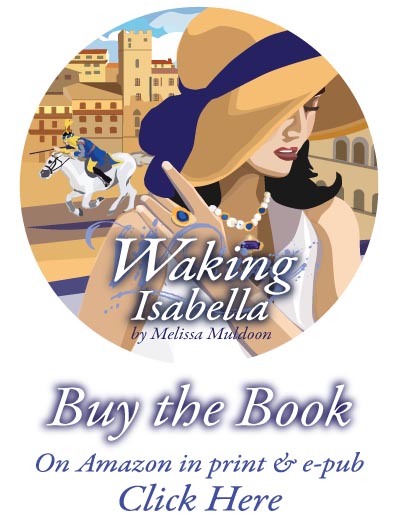
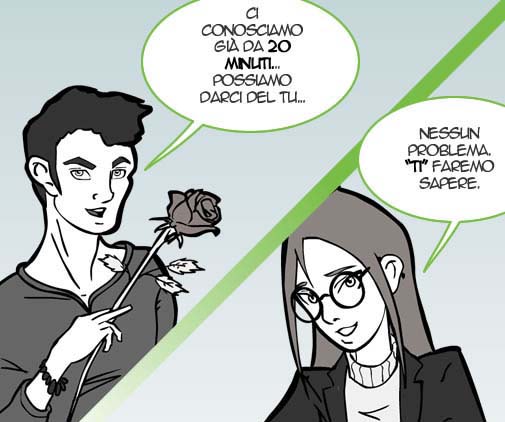
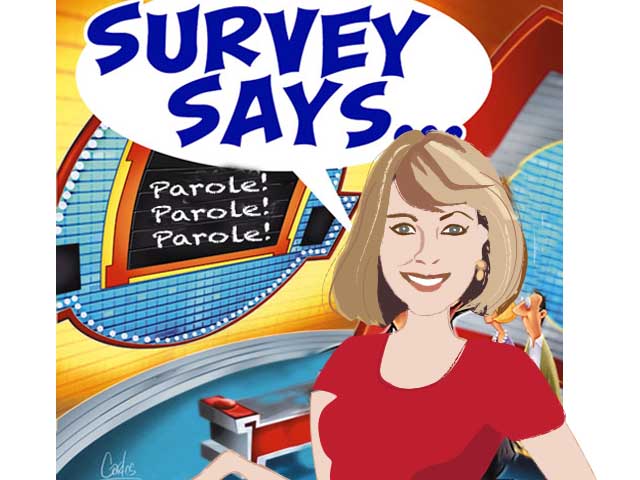
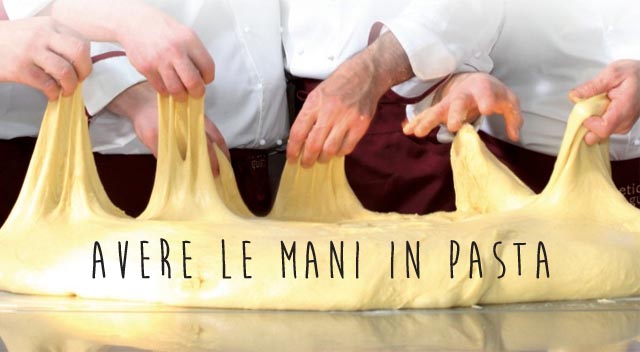


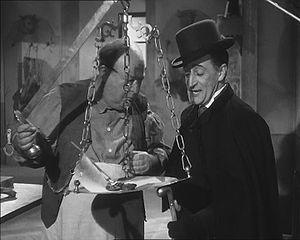






Utile la discussione su qualunque/qualsias, ma quant’ e noiosa la canzone.
Grazie per le vostre e-mail mi piace sempre riceverle. Mick.
Thanks for the short and precise description of two important Italian words that I always mix up! I especially like how placing adjectives after a noun can change their meaning and will remember this fact with these two!